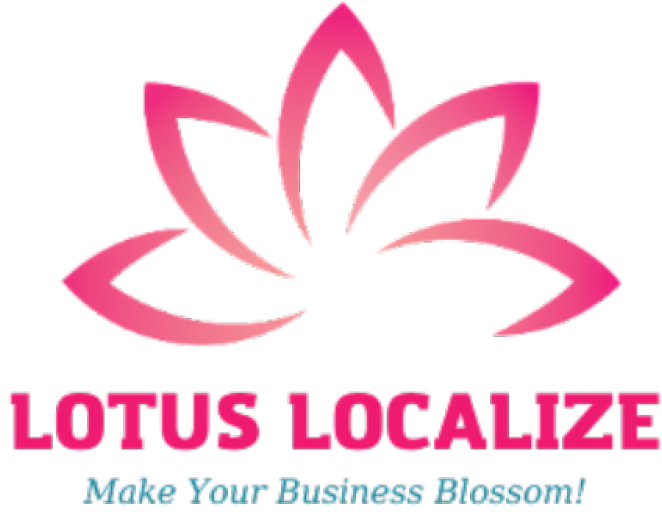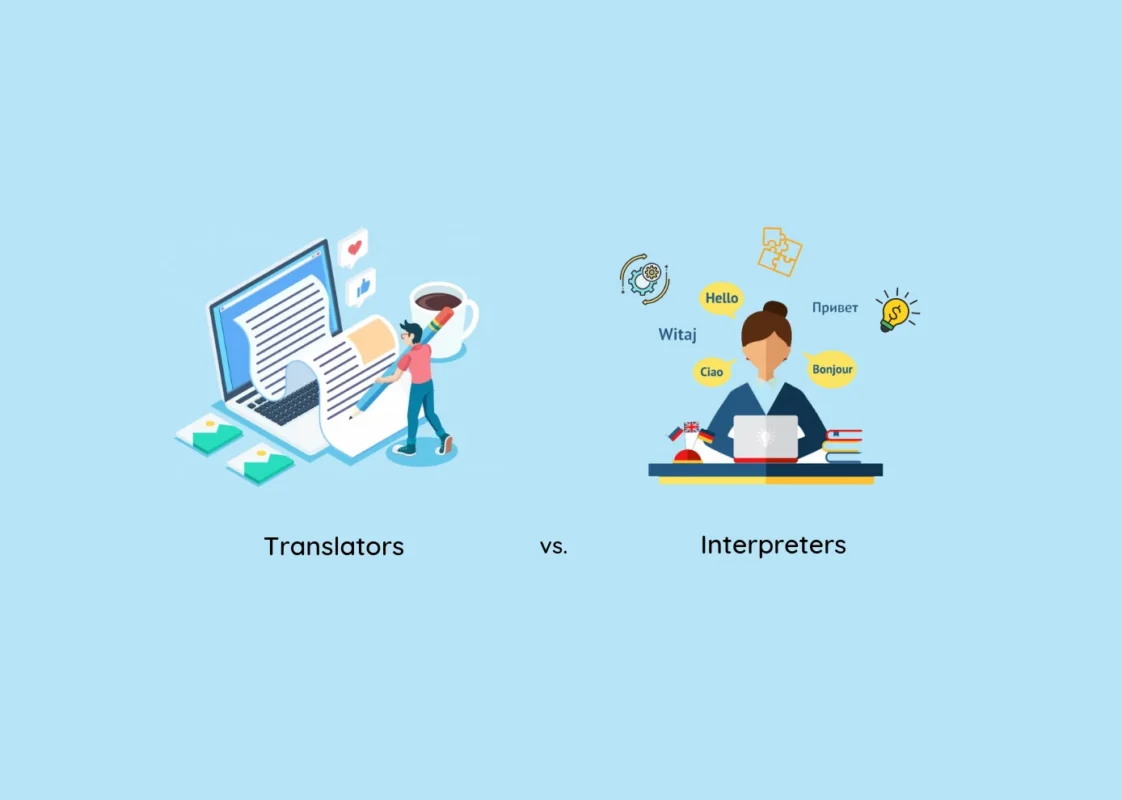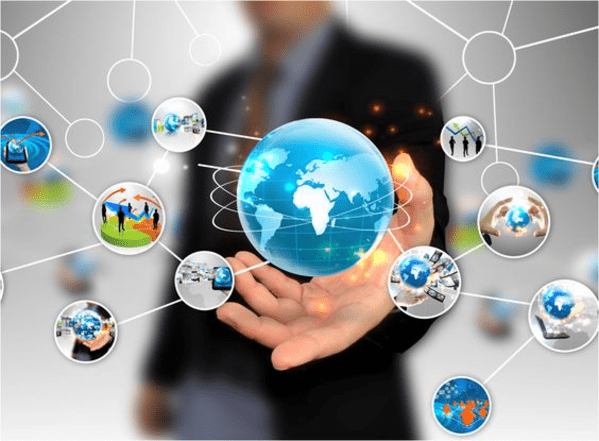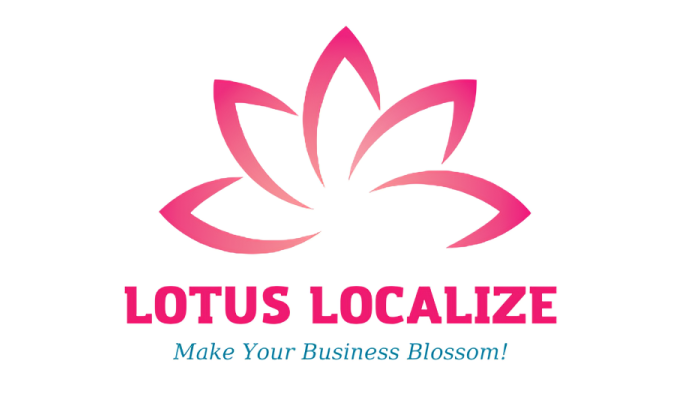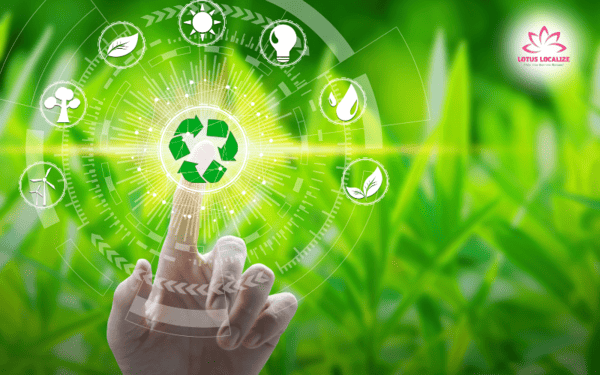
How environmental translation services drive global green transitions
In today’s global push toward sustainability, communication is key. Green initiatives, climate policies, and environmental research often cross borders—and languages. That’s where environmental translation services come in, ensuring that critical information is accurately conveyed across cultures and markets. This article explores how environmental translation supports the global green transition and why it’s more important than ever.
The rise of the green economy
In recent decades, climate change and environmental degradation have escalated into urgent global concerns. As governments, businesses, and communities adopt more sustainable practices, a new economic model has emerged: the green economy. This shift emphasizes low-carbon development, renewable energy, sustainable agriculture, and circular production models.
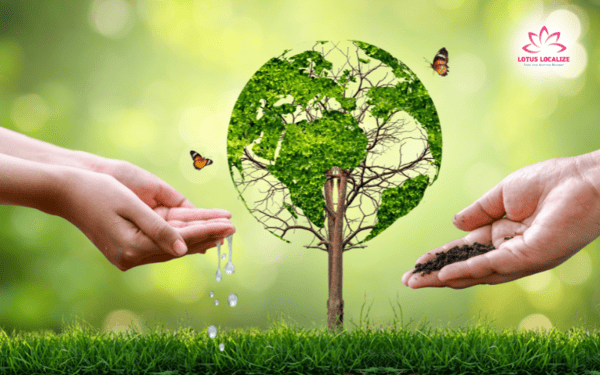
But the green economy is more than just an economic transformation—it’s a global movement that demands effective communication across borders, languages, and cultures. As new regulations emerge and innovations spread, environmental translation services become the link that ensures messages are understood and adopted worldwide.
Read more: Technical catalog translation: How to ensure accuracy, consistency, and global usability
What is an environmental translation service?
Environmental translation refers to the professional translation of materials related to environmental science, green policies, sustainability regulations, and eco-friendly business practices. It requires not just language fluency, but a deep understanding of technical terms, regulatory frameworks, and the values driving environmental action.
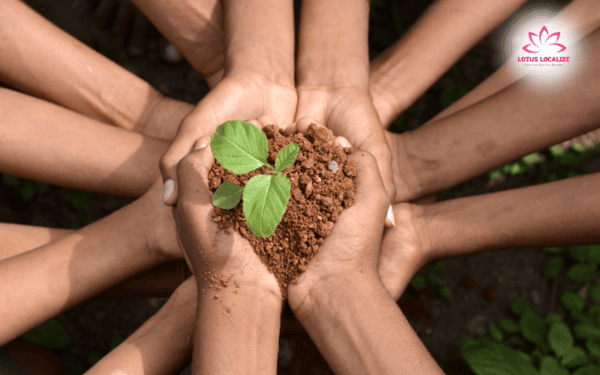
Examples of commonly translated content include:
- Environmental impact assessments (EIA)
- Sustainability and ESG (environmental, social, governance) reports
- Climate policy documents
- Green marketing campaigns and public awareness materials
- ISO 14001 standards and compliance documentation
- Material safety data sheets (MSDS)
- Renewable energy project documentation
- Reports on biodiversity, emissions, conservation, and waste management
Environmental translation helps ensure that organizations—from clean tech companies to NGOs—can communicate consistently, credibly, and clearly in multilingual settings.
The impact of environmental translation in global industries
Environmental translation plays a critical role across multiple sectors. Let’s explore how it enables impact in various green industries:
Renewable energy
The renewable energy sector is inherently global. Projects involving solar, wind, hydro, or bioenergy typically require cooperation between international stakeholders. Translation ensures that technical documents, safety protocols, and legal frameworks are clearly understood—minimizing delays, misunderstandings, and compliance risks.
Corporate sustainability and ESG reporting
As ESG reporting becomes standard practice, companies must share their sustainability strategies with global investors, regulators, and consumers. Accurate translation of ESG reports builds trust and ensures transparency. It shows that a company is serious about environmental responsibility—no matter the language of its audience.

Environmental NGOs and policy advocacy
International NGOs often run multilingual campaigns, publish scientific reports, and advocate for policy reform. These communications must resonate with diverse communities. Poor translation can dilute their message or cause reputational harm. Professional environmental translators ensure cultural relevance and scientific accuracy.
Regulatory compliance
Environmental regulations vary by country. When businesses expand into new markets, they must comply with local laws. Translation helps companies accurately submit documentation—such as environmental permits or compliance reports—and avoid costly legal issues.
Read more: Energy translation service: Accurate, industry-specific solutions for the energy sector
Key qualities of a trusted environmental translation provider
Not every translation service is equipped to handle the complexity of environmental content. Here are the key qualities that set reliable providers apart:
- Subject matter expertise: Translators must have knowledge of environmental science, engineering, or sustainability. Understanding concepts like “carbon neutrality” or “ecosystem resilience” ensures more accurate and meaningful translations.
- Terminological consistency: Environmental content relies on precise terminology. A trusted provider uses glossaries, terminology databases, and CAT tools to maintain consistency across all materials and languages.

- Regulatory awareness: A quality provider stays updated with environmental standards such as ISO 14001, the EU Green Deal, and regional climate policies. This helps ensure your content is always legally compliant and globally relevant.
- Multilingual quality assurance: Professional translation involves more than one person. Look for providers that offer multi-step QA processes—including translation, editing, and review by subject matter experts and native speakers.
- Green localization practices: Some providers align their operations with eco-conscious values, using digital workflows, remote teams, and sustainable practices. This not only reduces their carbon footprint but enhances their credibility in the green sector.
Future trends in environmental translation
Environmental translation is evolving along with global sustainability efforts. Here are some trends to watch:
- Rising demand for ESG and sustainability reporting: More countries are mandating ESG disclosures. As reporting requirements expand to small and mid-sized businesses, the demand for accurate translations will grow.
- Integration of AI and hybrid translation workflows: AI and machine translation tools are improving but still lack the nuance needed for technical or regulatory documents. The future lies in hybrid models—where AI supports human translators, not replaces them.

- Climate justice and inclusive communication: Climate justice movements emphasize the need for multilingual communication that includes marginalized and Indigenous communities. Translation plays a vital role in ensuring that environmental knowledge is inclusive and accessible.
- Standardization of green terminology: As green taxonomies and frameworks become global, there will be increased efforts to standardize terms across languages. Translators will play a key role in shaping and spreading this shared vocabulary.
- Localization of eco-friendly consumer products: Green brands are going global. From biodegradable packaging to sustainability-focused apps, companies must localize messaging to resonate with eco-conscious consumers around the world.
Environmental translation services are no longer a niche offering—they are a necessity. As the world accelerates toward a greener future, clear and accurate multilingual communication becomes mission-critical.
Whether you’re launching a renewable energy project, reporting on ESG goals, or advocating for environmental policy, a trusted translation partner helps your message travel further, faster, and with greater impact.
Ready to translate your green mission into global action? Partner with Lotus Localize for expert environmental translation that speaks your industry’s language—clearly, accurately, and confidently.
If you have any questions or need assistance with document translation services for many industries: life sciences translation, education translation, technology translation, financial translation, marketing translation, manufacturing translation, government translation,… and interpretation services: escort interpreting, simultaneous interpretation, remote interpretation, and localization services: software localization, game localization, app localization,… please contact Lotus Localize immediately at +84 866 224 968 or visit the website: lotus-localize.com for advice on the best solutions!
QUALITY PROMISE
Lotus Localize offers consistent, high-quality service delivery in all customer engagements. Our in-house translators and staff adhere to well-established business processes, allowing us to communicate properly, deliver on time, and surpass client expectations.
